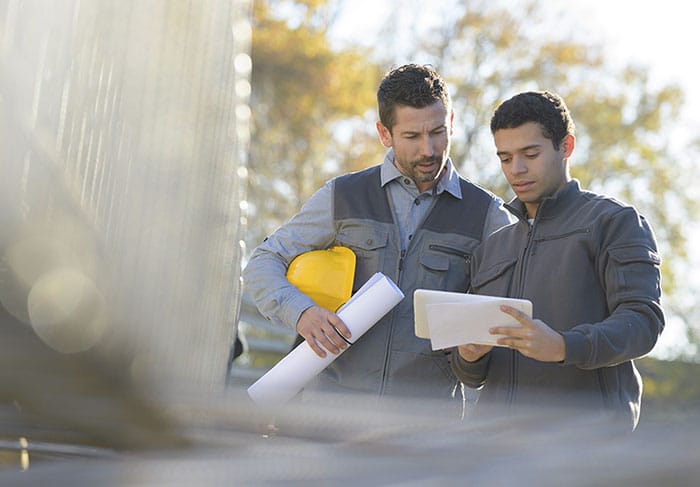Self-assessment tax return
Self-employed people usually have multiple sources of income as opposed to people who are employed or getting pensions. Employment income is automatically taxed by a system known as PAYE (Pay as you earn).
While preparing your self-assessment tax return it is important to account for all income and claims for any reliefs available. The return must be submitted at the end of the tax year which is 5th April. HMRC will determine what you need to pay once your self-assessment return has been submitted.


self-assessment tax return is important
Submitting self-assessment tax return is important because failure to submit will result in penalties of £1,800 by HMRC. There may be additional penalties you would have to bear if you do not make the returns on time. If you have received child benefit in the last two years, or if you or your partner’s income was over £50,000 then you must submit the tax return.
The penalties by HMRC subject to delays are as follows:
- £100 daily penalty
- £300 increase in penalty after three months
- Adding 10% of the unpaid tax after six months
- Increase of another 10% of the unpaid tax after twelve months
Other income that needs preparation of the tax return include Capital gains, foreign income, rental income, and savings income.
- Capital Gains: It is the increase in the value of capital assets. You must pay tax on the sale of any property within 30 days.
- Foreign income: Foreign income includes the income you receive for your services or goods in another country. Your foreign income and UK dividends are more than £2,000 then you are liable to pay tax.
- Rental Income: It is the payment that you are receiving for occupation or any use of the property. If your income is between £2,500 to £9,999 then you are liable to pay tax on the rental income.
- Savings Income: If your income is more than £5,000 then you are liable to pay tax on it.

What do you need to include in your tax return?
Before you decide to submit the tax return you should determine if you are required to do so by HMRC. You can determine your liability from the list given below:
- If you have earned £100,000 or more as wages or pension
- If you have earned £ 10,000 or more from savings or investment
- If you have earned £ 2,500 or more from commission or tips
- If you are a higher or additional rate taxpayer
- If you have sold assets at a profit
- If you are getting child benefits and having household income more than £ 50,000
- If you receive payment from the outside UK
- If you are a business partner or company director
- If you are a trustee of a pension scheme
- If you are a trustee of a deceased individual
- If you are an underwriter at Lloyd’s
- If you are a religious minister
- If you have received p800 from HMRC because you have not paid enough tax last year
How self-assessment tax return accountants can help?
In order to claim tax benefits as per section 80c, 80d, and other qualifying provisions, the preparation of the self-assessment tax return report is compulsory.
CMG ACCOUNTANT has over 15 years’ worth of experience in helping its clients with self assessment tax returns. We understand that you may have a busy schedule due to your business activities and it would be a tedious task as well as an added burden to figure out how much tax do you owe.
We will come to your aide in mainstreaming your financial matters, relieving you from these hassles. The complicated process requires undivided attention dedication and expertise of tax accountancy.
Our approach is to support and advise you in line with your business requirements. Our services are always timely and so we shall make sure that your deadlines are not missed. However, this process should not be rushed as it can create more problems for you, therefore we make sure to be cautious while handling such important issues.
